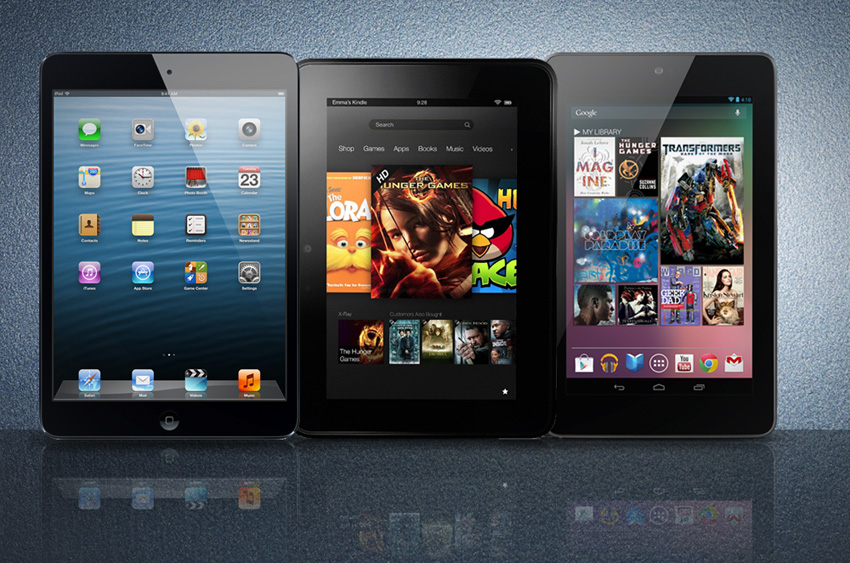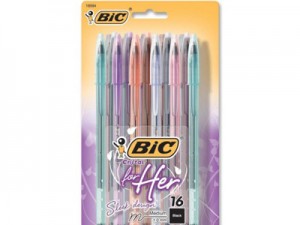Amazon.com, or “Earth’s Biggest Selection,” is a company that I immensely respect. Founded in 1994 by CEO Jeff Bezos, Amazon.com was unprofitable for many years. Only in the fourth quarter of 2001 did Amazon.com report a profit (a modest profit of 5 million dollars or an increase in 1 cent a share). It must have been hard to struggle through the years where the company was operating at a loss, but the company’s perseverance was clearly worth it; Amazon.com reported assets of over $25 billion in 2011 and is the world’s 10th most visited site.
Amazon.com, like any other entity, is not in all ways respectable. One topic that we have covered in COMM 295, or Managerial Economics, is price discrimination. One example of individual price discrimination covered in class relates to Amazon. According to a 2005 CNN article, a consumer deleted Internet cookies that identified him as a regular Amazon customer. Soon afterwards, he observed the price of a DVD offered to him drop from $26.24 to $22.74. The company said the price difference was the result of a random price test.
This issue had many legal concerns. Amazon’s differential pricing strategy possibly violated the Robinson-Patman Act, which aims to outlaw price discrimination. The act, however, is an anti-competitive law, and Amazon’s individual price discrimination was unlikely to be anti-competitive; the market itself is already highly competitive. Amazon also seemed to navigate carefully throughout this sensitive issue; the company vowed to never price test on customer demographics and offered to refund customers who paid higher prices.
Price discrimination is often legal; a common example would be in the automobile market where cars are not often sold at the MSRP. Amazon’s price discrimination may or may not be legal, but regardless, I believe it was a good choice for Amazon to stop price discriminating. In addition to improving its PR, Amazon likely improved the quality of transaction information in its data warehouses. If I was buying a product on Amazon while I knew differential pricing was in effect, I would probably not use an account that had a regular purchase history. Instead, I would make a new account and possibly buy items at a lower price. This would skew regular purchase behaviour, which companies greatly value when predicting consumer behaviour.
It just goes to show that being ethical often does more than solely improving a brand image.
(Sorry if this entry was a little long but that was only because I thoroughly enjoyed writing it. I’d also like to say that I enjoyed the whole blog assignment! It gave me a chance to express myself. Thank you Tamar!)





